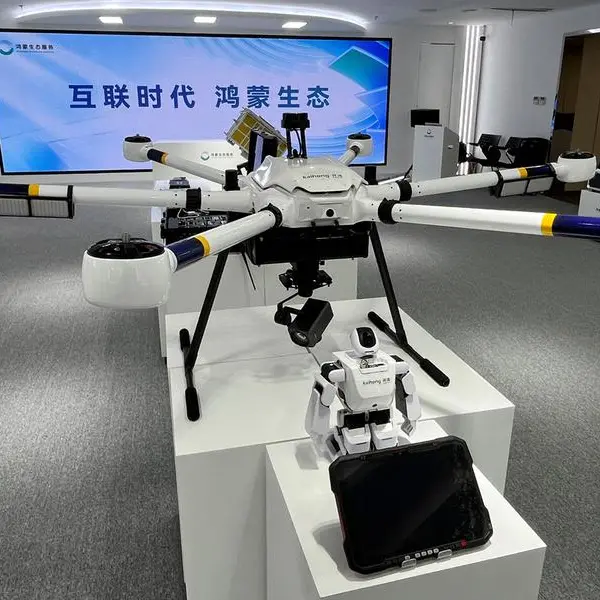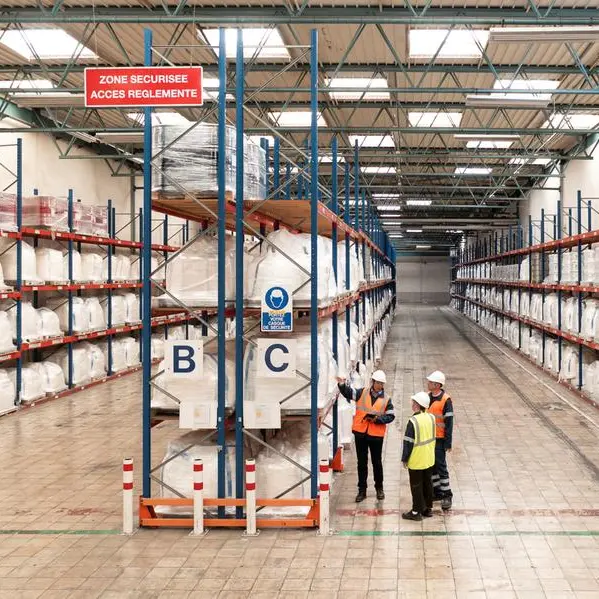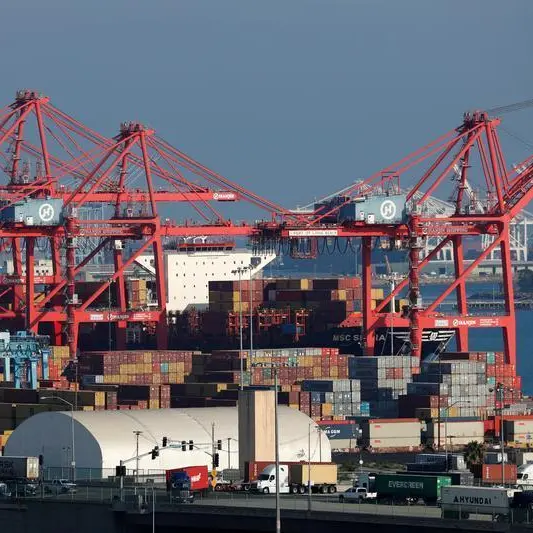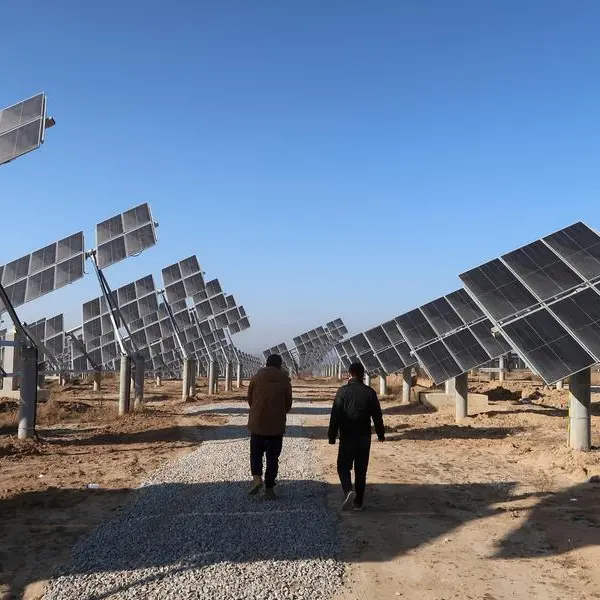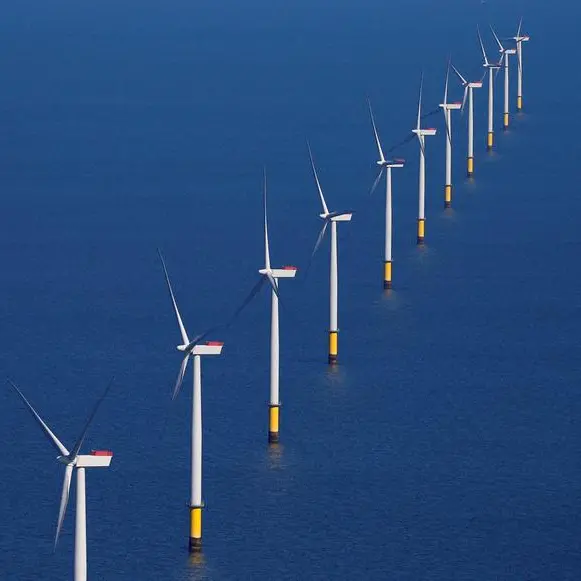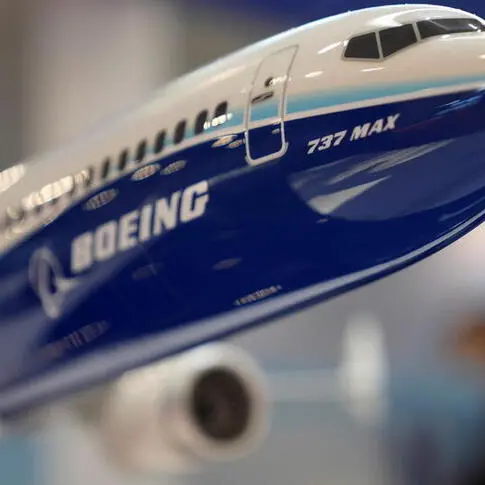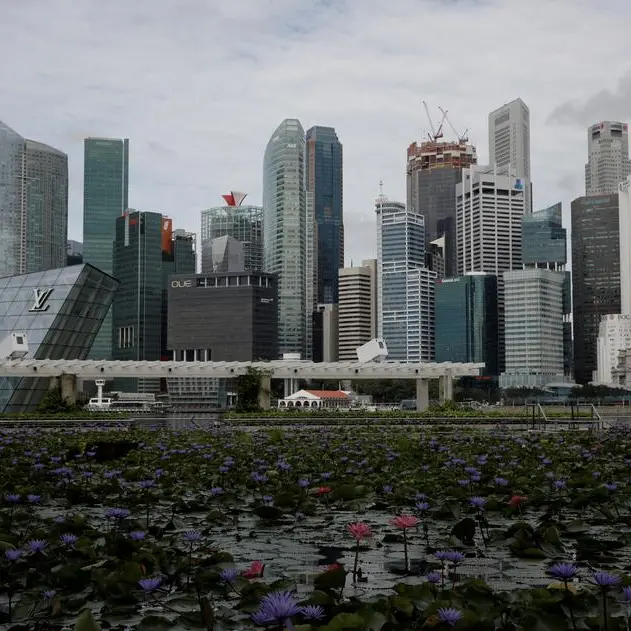PHOTO
Historically, the process of building wealth has always conformed to a systematic approach and an orderly structure—the traditional investment playbook. Most entrepreneurs followed in the footsteps of renowned investors such as Warren Buffett.
Many of the investment principles and methods that were adopted in the past—and to this day—are still valid. However, with digital transformation and the shift in the overall socio-economic environment in which those traditional concepts arose, the notion of making the right investment is being redefined.
Today, we are witnessing a radical change in top investment destinations and the strategic nature of capital deployment. Particularly, the property investment landscape is going through a paradigm shift from physical assets to virtual worlds.
Altering the composition of investment portfolios
In light of the Metaverse, wealth creation through real estate is taking on a new meaning. Many developers and real estate agencies including us are exploring the sale of virtual properties in the form of Non-Fungible Tokens (NFTs), and a growing number of investors are aboard. In the long term, owning virtual assets such as real estate will be an integral part of investment portfolios, benefitting those with access to the Metaverse and leaving others behind.
The real estate sector is one of the primary beneficiaries, standing first in line to benefit from Web3 applications. According to recent market data, real estate sales in the Metaverse reached $500 million in 2021, and the sales volume is expected to double in 2022. The metaverse real estate market is projected to grow at a CAGR of 31% from 2022 to 2028.
The UAE takes the lead regionally
The adoption of NFTs in the UAE is skyrocketing. Most recently, Dubai World Trade Centre has launched MetaIncubator, the first Metaverse incubator in the Middle East. The Ministry of Economy has hosted the world’s first ever economic summit, Investopia Investment Summit, in the Metaverse. The Ministry of Health and Prevention (MOHAP) has also developed a new Metaverse platform, allowing people to access medical care and receive health-related support virtually. Within the private sector, Dubai-based metaverse startup Eikonikos has recently raised $2 million in pre-seed funding. We are also set to launch the first Metaverse mansions in the MENA region this year.
The consistent growth of the UAE economy and the nation’s remarkable response to the pandemic bolstered Dubai's global appeal among investors, residents and visitors. The positive sentiment and market appeal continue to attract investors, not least those investing in virtual worlds.
Youth at the heart of Web3
Dubai is characterized by an astute investor community and a relatively young population. This brings high levels of familiarity and comfort with the concept of virtual worlds and its prospects. Investors are leveraging this so-called enabling environment to get more bang for their buck.
The foray into the Metaverse stems from a strong belief in a prevalent virtual world that is set to transform many sectors, on top of which is real estate. In futuristic cities like Dubai, which thrives on a predominantly young generation, people understand the value and potential of digital assets.
An immersive property showcase
In addition to ownership, investing in digital real estate allows buyers to view their properties in Augmented Reality form, and interact with other users and digital neighbours. This may all sound like a figment of the imagination, but the Metaverse continues to make tangible and encouraging progress globally. For example, Metamall is a company showcasing about 6,000 virtual properties of all sizes in the form of cubes, cabins, clubs, chalets and chateaus. Those wishing to purchase spaces can buy them as NFTs and use them as virtual retail outlets.
‘Virtual lenders’
Digital real estate has already gone mainstream. A number of lenders are offering mortgages to support customers in buying virtual properties. All these developments give momentum to digital real estate, presenting investors in the Metaverse with an opportunity to multiply the value of their virtual assets over the coming few years.
Responsible investing
Digital properties are starting to be seen by many as a form of sustainable investment. VR experiences, especially virtual real estate, provide ‘green’ spaces without the costs associated with construction, maintenance or energy consumption.
The next big thing is hardware
Although there are just a few commercially available VR headsets on the market today, the infrastructure is being successfully built, giving an opportunity and precedence to entrepreneurs, investors and companies to take advantage of the potential future performance in this seemingly competitive marketplace. It is those enterprising individuals that are initially ridiculed for their interest and investment in such emerging sectors who eventually reap huge returns.
Real-life utilities
Virtual worlds, digital currencies and NFTs all run on the blockchain technology using decentralized, peer-to-peer networks. Blockchain not only benefits virtual real estate investors, it also helps in managing physical properties. In some parts of the MENA region for instance, land registries and real estate ownership can be ambiguous at best. It is sometimes difficult to determine the ownership of a inherited properties. As a result, such assets are subject to probate confusion between heirs, and tampering with property ownership through bribery. Blockchain technology can clear up land ownership history accurately by tracking, keeping records, authenticating identities, payments, titles and taxes.
In more developed markets such as the UAE, real estate is being tokenized as a means of commerce. Owners can now issue Blockchain-based tokens, which represent the value of their shares in a particular asset.


